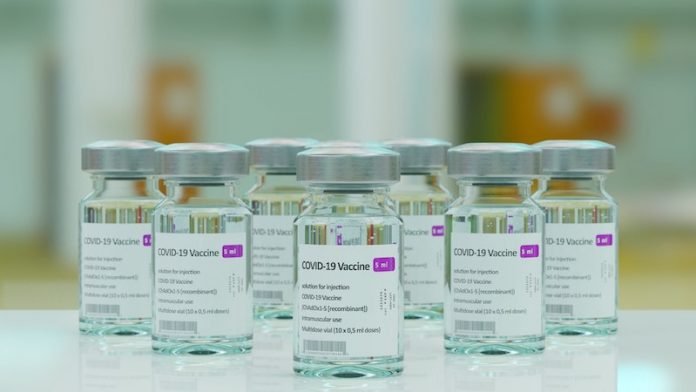
In a new study from Washington University in St. Louis, researchers found the delta variant of the virus that causes COVID-19 is not particularly good at evading the antibodies generated by vaccination.
They analyzed a panel of antibodies generated by people in response to the Pfizer COVID-19 vaccine and found that delta was unable to evade all but one of the antibodies they tested.
Other variants of concern, such as beta, avoided recognition and neutralization by several of the antibodies.
The findings help explain why vaccinated people have largely escaped the worst of the delta surge.
In previous studies, the team had shown that both natural infection and vaccination elicit lasting antibody production. But the length of the antibody response is only one aspect of protection.
The breadth matters, too. An ideal antibody response includes a diverse set of antibodies with the flexibility to recognize many slightly different variants of the virus.
Breadth confers resilience. Even if a few antibodies lose the ability to recognize a new variant, other antibodies in the arsenal should remain capable of neutralizing it.
In the study, the team examined the breadth of the antibody response to SARS-CoV-2, the virus that causes COVID-19.
They extracted antibody-producing cells from three people who had received the Pfizer vaccine. They grew the cells in the laboratory and obtained from them a set of 13 antibodies that target the original strain that began circulating last year.
The team tested antibodies against four variants of concern: alpha, beta, gamma and delta. Twelve of the 13 recognized alpha and delta, eight recognized all four variants, and one failed to recognize any of the four variants.
The researchers found that five of the 13 antibodies neutralized the original strain.
When they tested the neutralizing antibodies against the new variants, all five antibodies neutralized delta, three neutralized alpha and delta, and only one neutralized all four variants.
The antibody that neutralized all four variants of concern—as well as three additional variants tested separately—was called 2C08.
In animal experiments, 2C08 also protected hamsters from disease caused by every variant tested: the original variant, delta and a mimic of beta.
Some people may have antibodies just as powerful as 2C08 protecting them against SARS-CoV-2 and its many variants.
Using publicly available databases, the researchers discovered that about 20% of people infected or vaccinated against SARS-CoV-2 create antibodies that recognize the same spot on the virus that is targeted by 2C08.
Moreover, very few virus variants (.008%) carry mutations that allow them to escape antibodies targeting that spot.
The team says this antibody is not unique to the person they got it from. It’s not limited to people of certain backgrounds or ethnicities; it’s not generated only by vaccination or by infection.
A lot of people make this antibody, which is great because it is very potent and neutralizes every variant they tested.
If you care about COVID vaccines and variants, please read studies about the symptoms of the Delta variant you need to know and findings of scientists develop new vaccine to block COVID-19 and variants.
For more information about COVID variants, please see recent studies about how afraid of COVID variants should we be? and results showing 5 things to know about the Delta variant.
The study is published in Immunity. One author of the study is Ali Ellebedy.
Copyright © 2021 Knowridge Science Report. All rights reserved.



